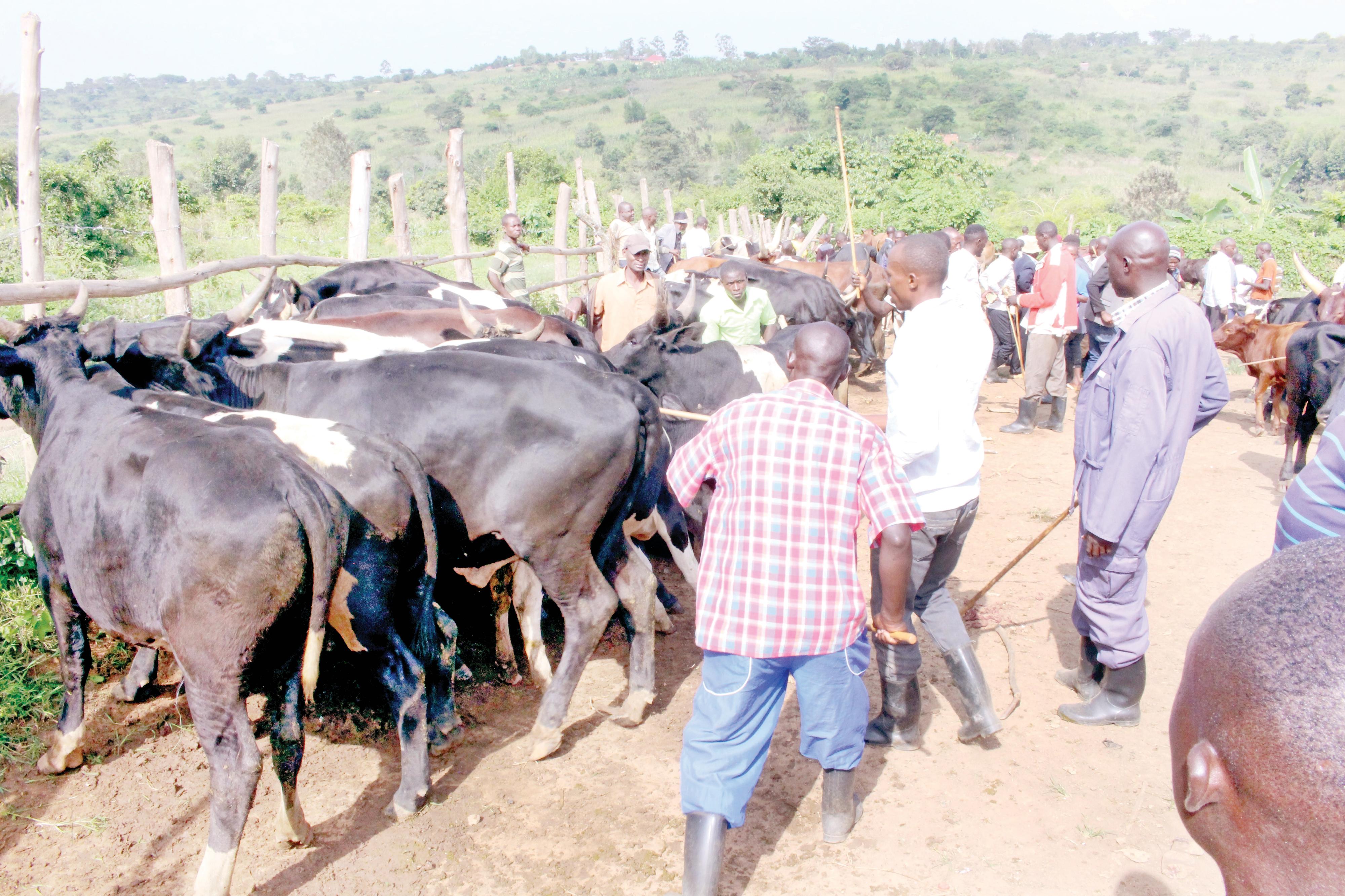
Mr John Musinguzi Rujoki, the commissioner general at URA.
|Prosper
Prime
What is messing up URA tax targets?
What you need to know:
The URA is struggling with a narrow tax base whereby out of 45 million Ugandans, only 1.7m taxpayers have TINS [Tax Identification Numbers] as at June 2020.
Taxation experts in the economy have spoken about the continuous issues affecting tax collection in the country.
The low revenue collections and narrow tax base, experts said, are due to poor coordination within government agencies and continuous failure to seamlessly navigate through the Uganda Revenue Authority (URA) computerised system known as the e-Tax system.
Speaking to Daily Monitor last week, Mr Frederick Kibedi, a managing partner at audit firm PKF said tax payers have limited knowledge and insight about the e-Tax system.
“They did not sensitise customers [well] on how the system works. Therefore, people were failing to file tax returns within the government..and attempting to seek assistance from unprofessional people,” he said.
Of the Shs52 trillion budget, Shs29.7 trillion is expected to come from domestic revenue (excluding borrowings) of which Shs27.4 trillion is expected from tax revenue.
The Finance Ministry spokesperson Mr Jim Mugunga said as much as they have the capacity to easily pass a law that broadens the revenue base at national level, other subsets of issues affect revenue collection.
“The problem is bigger than collaboration and coordination including [having] people who understand the law,” he said.
On his part, former Finance Minister currently serving as the Makerere University’s Chancellor Prof Ezra Suruma said the issue of under tax collections signifies a problem that needs to be addressed.
Meeting the steep tax collection the targets since the Covid-19 outbreak, Mr Suruma added, was quite difficult because of the gloomy and unpredictable atmosphere.
Domestic Revenue Collections fell below the target for the first half of 2020/2021 financial year following the Covid-19 pandemic during which the performance of the economy was negatively impacted.
Direct taxes at the time underperformed largely due to shortfalls of Shs168 billion in Pay As You Earn (PAYE) and Shs240 billion in corporate tax according to a Bank of Uganda monetary policy report for August 2021.
A source at Uganda Registration Services Bureau (URSB) who preferred to speak on condition of anonymity told this publication on Thursday that as much as URSB’s mandatory role of collecting the annual Shs50,000 stamp duty from each of the registered 900,000 registered companies on their register which would yield Shs45 billion, it is not achievable because hardly one fifth of all these companies pay for their annual obligations.
Majority of companies, the source said, are in arrears for several years of nonpayment.
“..But whenever defaulting companies approach URSB for services like change of directors, filing resolutions, change of ownership, they are forced then to first pay all the arrears before they can be attended to,” the source said.
The URA will need to review the effectiveness of its ongoing measures and explore additional measures that can further accelerate revenue generation.
When asked to explain how they are intending to resolve the issues surrounding the tax base, Mr John Musinguzi Rujoki, the commissioner general at URA in an email response said, with the exception of the financial year 2019/2020, revenue has been growing steadily in double digits, despite the negative impact that was brought about by Covid-19 during the last three years.

Tax collection officials at Uganda Revenue Authority. PHOTO/ FILE
“The challenges are many, but the main one is a narrow tax base - out of a population of 45 million Ugandans, we had only 1.7m taxpayers with TINS [Tax Identification Numbers] as at June 2020,” Mr Rujoki said.
“We have been working on this and as at May 2023, there are over 3.2m taxpayers on the tax register, most of whom are still being supported to start contributing significant revenue. Other challenges include poor tax paying culture, corruption, poor regulation,” he added.
He said to widen the tax base, they intend to use technology to automate, analyse and simplify revenue collection.
Kampala City Traders Association (KACITA) and Uganda Manufacturers Association (UMA) shared similar challenges on what is affecting tax collection in the country.
KACITA's chairperson Thaddeus Musoke Nagenda said the economy is still struggling because of numerous issues including low circulation of money in the economy.
“..Even before Covid-19, businesses had loans and banks did not waive off the interest rates,” Mr Nagenda said.
Adding: “Traders had rent arrears and failed to access the recovery funds the government had promised..and the government also chose to ignore the recommendations by the business community on how to revive the economy. As a result, shops have closed, arcades are empty and banks have taken over people’s property to recover their money.”
The executive director of UMA Dr Ezra Rubanda also observed that the economy is facing a slump.
“Production is down because of increased costs of production and many people have not returned to work since Covid- 19,” Dr Rubanda said.
Dr Rubanda then urged the government to fund manufacturing sectors like manufacturing so as to jumpstart the economy towards consuming locally produced raw materials.
[email protected]




